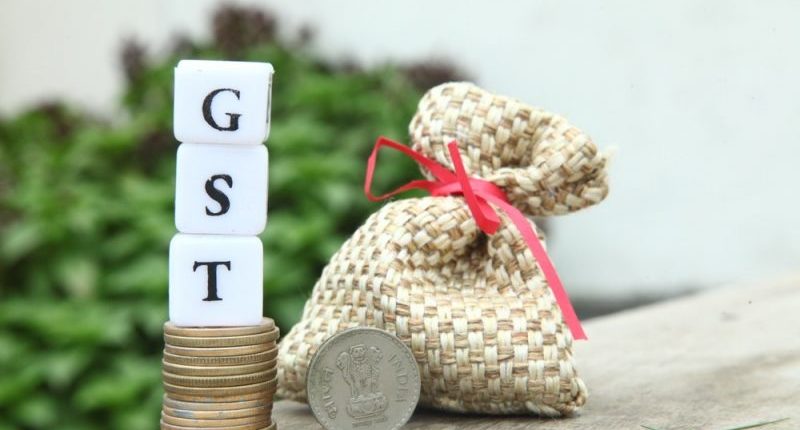Most people living in standalone apartment buildings or gated communities have to pay a monthly contribution to the Residents Welfare Association (RWA). This fee goes towards the various amenities provided to the members, the upkeep of the premises, the repairs and maintenance of the lifts and electrical fittings of the common areas, etc. But are all maintenance charges liable to GST? Let’s break it down.
Contributions to an RWA are exempt from GST only when the contributions do not exceed Rs.7,500 a month. Until 25th January 2018, this limit was Rs.5,000 per month. But what happens if the aggregate turnover of the RWA is below the exemption threshold for GST? In such cases, the RWA is not required to get registered and will not be required to charge GST on the contributions made by its members even if each member contributes a sum exceeding Rs.7,500 a month.
Apartment owners and renters who pay GST along with their monthly maintenance charges will probably wonder if GST needs to be charged on the entire amount or just the amount in excess of Rs.7,500. Well, the government exempts RWA contributions only if the total amount is up to Rs.7,500. If the amount exceeds Rs.7,500, then the entire amount becomes taxable. For example, if Mr A contributes Rs.7,800 to XYZ society, then GST is levied on the entire Rs.7,800 without any deductions.
If an apartment owner has two or more apartments in the same building or society that comes under the same RWA, then he will be treated as a separate member for each of his apartments. Hence, the Rs.7,500 limit applies to each apartment separately. Besides, if an RWA has members paying varied amounts as monthly contributions, then only those contributions exceeding Rs.7,500 are liable to GST. For example, if Mr X pays Rs.6,000 for his two-bedroom apartment and Mr Y pays Rs.8,000 for his three-bedroom apartment, then GST is chargeable only on Mr Y’s contribution to the RWA.
The good news for RWAs is that they can claim an input tax credit (ITC) on any capital goods purchased such as water pumps, generators, furniture, hardware fittings, etc., as well as ITC on input services like repairs and maintenance. By utilising this ITC, the RWA can reduce its tax burden.

I’m a Chartered Accountant by profession and a writer by passion. ClearTax lets me be both. I love travel, hot tubs, and coffee. I believe that life is short, so I always eat dessert first. Wait.. life is also too short to be reading bios… Go read my articles!





